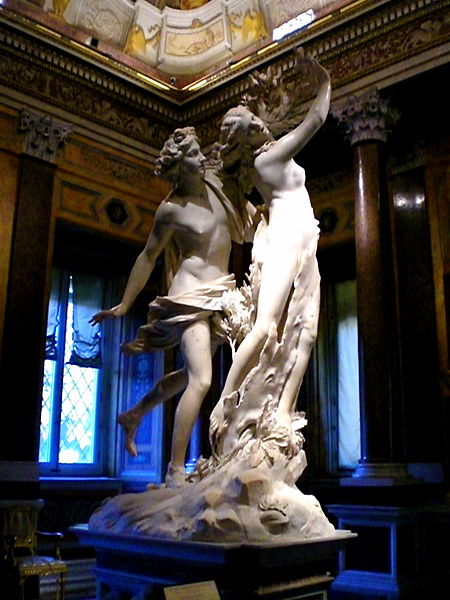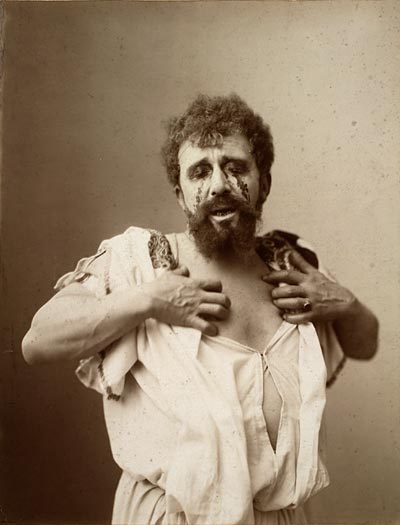READ: Sophocles and Oedipus Rex
3 Oedipus Continued
When we last visited Oedipus, he was determined to find the eyewitness to the murder and ascertain whether or not he actually committed the crime. Jocasta, his wife, tells him it is foolish to believe in oracles, which angers the god Apollo.

*Depiction of the God Apollo*

*Depiction of the God Apollo*
Oedipus is trying to find the truth, and at the same time, hide it from Jocasta. At this point, on old man and the eyewitness both arrive at the palace. Trying to put Oedipus' mind at rest, the old man tells him that Polybus, his supposed father, has died, and that Oedipus is not his real son. He tells Oedipus that he was found by a Theban herdsman as an infant. Jocasta, eavesdrops on the conversation, and at this point tries to prevent Oedipus from investigating any further, but he is determined.
He questions the eyewitness at this point, and he reluctantly tells him about the murder. Oedipus is horrified to discover that he did in fact commit the murder. The consequences of this discovery are dramatized for great effect.
A servant appears to relate that Jocasta has hanged herself, and Oedipus has gouged out his eyes.

He questions the eyewitness at this point, and he reluctantly tells him about the murder. Oedipus is horrified to discover that he did in fact commit the murder. The consequences of this discovery are dramatized for great effect.
A servant appears to relate that Jocasta has hanged herself, and Oedipus has gouged out his eyes.

Generally in Greek tragedy, it is clear that men deserve their fate, or consequences, due to some type of HUBRIS, however, it is difficult to see why Oedipus is punished, he did nothing intentional to deserve his fate. It can only be concluded that Apollo has made he and Jocasta suffer. The gods are too distant and too powerful to be understood by mere mortals, so it is not surprising that it is difficult to find meaning in the suffering.
HOPE is the fatal element of the play: hope of the citizens for the end of the plague, hope of Laius to prevent his own murder, and hope that Oedipus could avoid the oracle's prophecy. The tragedy of Oedipus, is that he goes to ruin down the very path he took to escape it.
Source:
Sophocles, Oedipus the King, (429 B.C.).
HOPE is the fatal element of the play: hope of the citizens for the end of the plague, hope of Laius to prevent his own murder, and hope that Oedipus could avoid the oracle's prophecy. The tragedy of Oedipus, is that he goes to ruin down the very path he took to escape it.
Source:
Sophocles, Oedipus the King, (429 B.C.).
